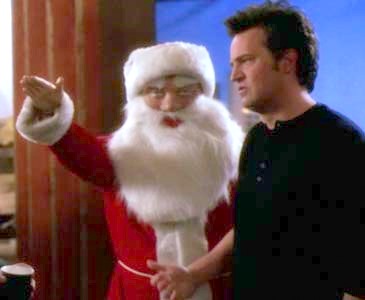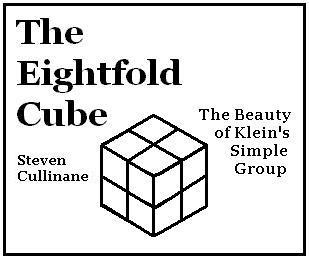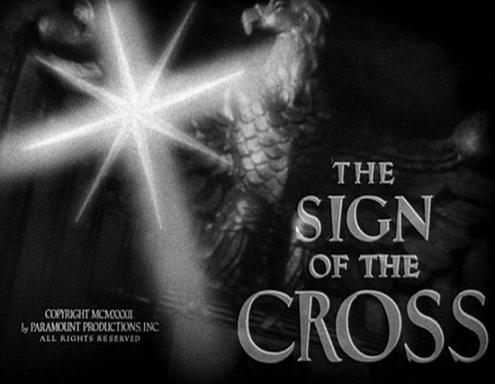November 2004--
 Controversial "Desperate Housewives" ad on "Monday Night Football" "Desperate Housewives"... ranks No. 5 among all prime-time shows Those who cherish the First -- "The Great Indecency Hoax," a New York Times column by Frank Rich quoted in Log24 on Nov. 26, 2004 |
The entertainment continues. A rabbi's obituary in today's New York Times (see previous entry) served as ad-bait for "Joshua," a Fox Searchlight film opening July 6.
A search for a less sacrilegious memorial to the rabbi yields the following:

The "Project MUSE" link above
works only at
subscribing libraries.
It seems that here, too,
the rabbi is being
used as bait.
For a perhaps preferable
reference to bait, in the
context of St. Peter as
a "fisher of men," see
the Christian "mandorla"
or "vesica piscis,"
a figure hidden within
the geometry of Rome's
St. Peter's Square--
which, despite its name,
is an oval:

For the geometric
construction of the
Roman oval, see
"ovato tondo" in
Rudolf Arnheim's
The Power of the Center.
For a less theoretical account
of the religious significance
of the mandorla, see
the 2001 film
The Center of the World.











 With the same terror,
With the same terror,









Recent Comments